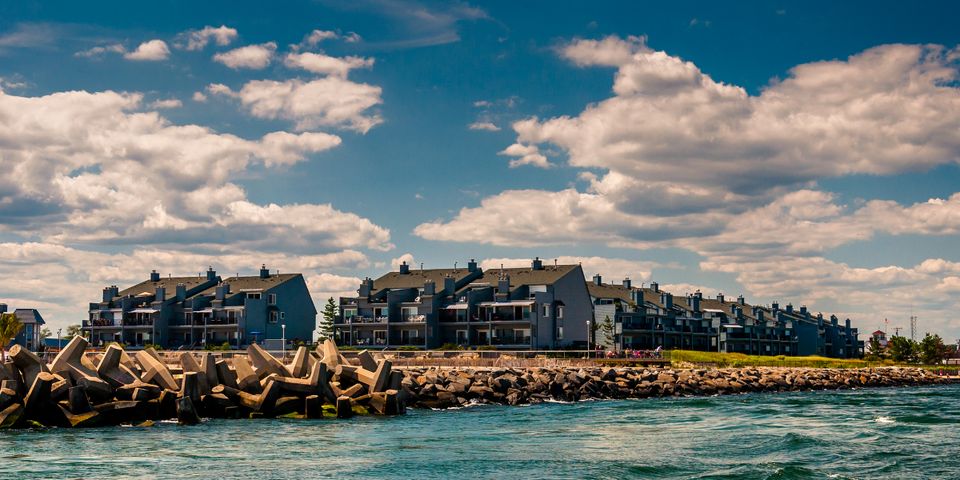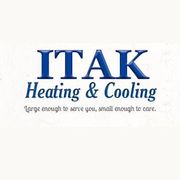
Living in a home or owning a commercial building near the coast puts cooling and heating systems at risk of being exposed to ocean air and salt, which can lead to corrosion. If not addressed by a HVAC system contractor, its presence may trigger faulty operation, component damage, and permanent shutdown. The key is being proactive to protect the entire network from corrosion exposure. Here are answers to several frequently asked questions about the maintenance steps to take.
Questions About Coastal HVAC Corrosion, Answered
What factors lead to corrosion?
The daily exposure to all the elements that draw individuals to coastal homes can wreak havoc on HVAC systems. Corrosion may start to set in due to repeated contact with sand, salt, humid weather, and wind commonly seen near the ocean. Most heating and cooling system components are constructed of aluminum. Salty air is one of this metal's biggest enemies. A hazardous chemical reaction may occur between the two elements, which can wear down the aluminum.
How can you protect your heating and cooling system?

The safeguards include applying a durable coating designed to protect an HVAC system's components. Technicians will typically use either epoxy or modified phenolics to keep coastal salt air and other surrounding elements from corroding or rusting components. At least three times a week, the entire heating and cooling unit should be hosed down with fresh, clean water to completely remove all salt particles. If your coastal residence is a vacation home, arrange for someone to do this task if you're planning to be away for an extended time period.
Which components are especially vulnerable?
While the entire unit needs consistent protection, the coils can sustain the most damage with repeated corrosion exposure. Evaporator and condenser coils are designed to absorb the heat from inside a home so that cool air can distribute evenly. Coils are typically made from aluminum, which as previously mentioned, are vulnerable to salty, coastal air. Without a corrosion-resistant coating application, the components can start to deteriorate and limit proper HVAC system operation.
What additional safeguards can be taken?
There are a range of heating and cooling systems that are specifically manufactured for coastal environments. These units come equipped with special sealants, coatings and components to keep salt and other coastal elements from infiltrating and causing corrosion.
When it comes to the reliable maintenance of HVAC systems in coastal communities, ITAK Heating & Cooling in Howell, NJ is the area's trusted source. The Mitsubishi Electric Diamond Contractor™ provides Infinigard®, which is a leading HVAC system corrosion protectorant. It is designed to deliver a durable application for coils while increasing liquid and gaseous flow rates. The coating can also offer up to 15% savings on energy bills. You can count on the team of skilled technicians for professional applications to all types of cooling and heating systems. To learn more about the coastal protection products, call (732) 938-9311 and visit the website for additional information.
About the Business
Have a question? Ask the experts!
Send your question

